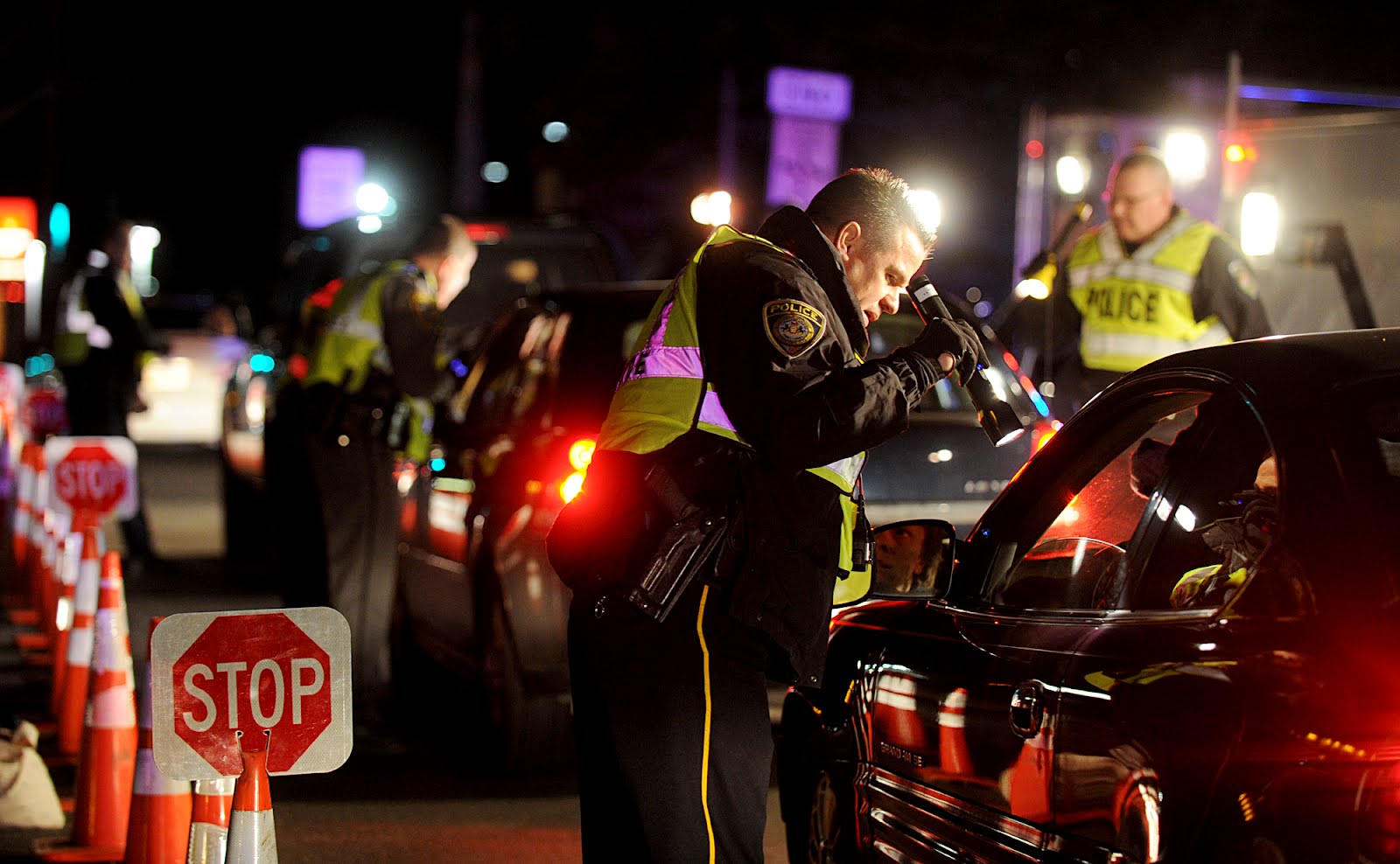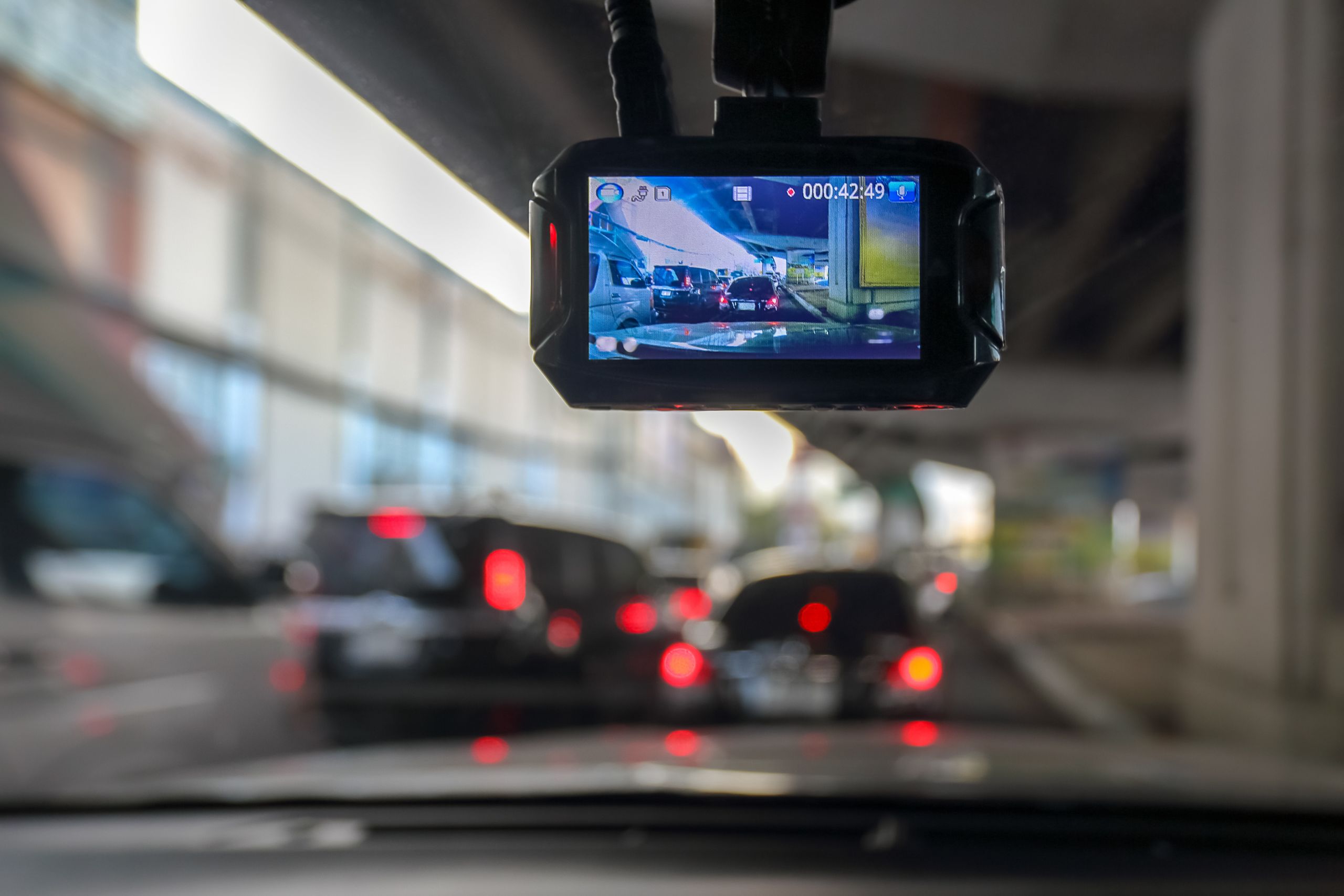It’s a weekend night. You’re driving home from dinner with friends when you see flashing lights up ahead. Traffic slows, and your pulse quickens. You’ve stumbled upon what appears to be a DUI checkpoint. But then you wonder: Are DUI checkpoints in Texas even legal? What are your rights? What are the officers allowed to do—and what aren’t they?
Welcome to DUI Checkpoints in Texas: What You Need to Know—a full-scale breakdown of how sobriety checkpoints work (or don’t work) in the Lone Star State. This isn’t just another legal article; it’s a real-world, easy-to-understand guide filled with practical insights, real-life stories, and tips you can use the next time you see those red and blue lights in your rearview mirror.
Let’s clear the confusion once and for all.

Are DUI Checkpoints Legal in Texas?
The Short Answer: No—But It’s Complicated
Here’s the truth: Texas does not authorize DUI checkpoints the way many other states do. Why? Because the Texas Court of Criminal Appeals ruled that checkpoints violate the state constitution unless specific guidelines are set by statute—and Texas doesn’t currently have those in place.
Unlike California or Florida, where checkpoints are a routine sight during holiday weekends, Texas law enforcement agencies don’t operate DUI checkpoints in the traditional sense.
However—and this is where things get tricky—there are exceptions.
Texas law allows roadblocks in certain contexts, like immigration checkpoints near the border. And while standard DUI checkpoints aren’t authorized, that doesn’t mean police don’t set up roadside stops that look and feel like them. Understanding this nuance is key to navigating DUI laws in Texas effectively.
What Does the Law Say About DUI Checkpoints in Texas?
Digging Into the Court’s Position
The ruling that governs the use of DUI checkpoints in Texas dates back to the case Holt v. State, 887 S.W.2d 16 (Tex. Crim. App. 1994). In that case, the Texas Court of Criminal Appeals held that checkpoints without specific legislative authority violate Article I, Section 9 of the Texas Constitution, which protects against unreasonable searches and seizures.
The court essentially said: unless the Texas Legislature passes a law allowing for DUI checkpoints and sets strict guidelines for how they should be conducted, they remain unconstitutional.
This interpretation makes Texas one of just a few states that do not allow DUI checkpoints, despite federal rulings (such as Michigan Dept. of State Police v. Sitz) that deem them constitutional under the U.S. Constitution.
So, while DUI checkpoints may be legal federally, Texas has said “not here”—at least for now.
Real-Life Example: The Holiday Roadblock Confusion
Picture this: It’s the Fourth of July in McAllen, Texas. Miguel is heading home from a barbecue. He sees cones and patrol cars blocking a stretch of road. Officers are stopping cars and asking drivers if they’ve been drinking.
To Miguel, it looks like a classic DUI checkpoint. But when he asks if this is legal, the officer tells him it’s a “roadside safety inspection.”
The truth? It’s a de facto checkpoint, disguised under another label.
This type of situation illustrates the legal gray area around DUI checkpoints in Texas, where law enforcement may conduct similar operations under different names. Knowing how to identify and respond to these scenarios is part of staying legally protected.
What Are Officers Allowed to Do at a Roadside Stop?
Even Without Checkpoints, Police Have Power
Although DUI checkpoints in Texas are technically prohibited, that doesn’t mean you’re immune from DUI investigations at roadside stops. If an officer has reasonable suspicion—even something as minor as a traffic violation—they can legally stop your car and conduct a DUI investigation.
At a routine traffic stop, officers can:
- Ask for your license and registration
- Observe your behavior and appearance
- Ask whether you’ve been drinking
- Request you to step out of the vehicle
- Conductfield sobriety tests
- Ask for a breath or blood sample (if probable cause is established)

So while Texas doesn’t allow traditional checkpoints, officers still have wide latitude to investigate DUIs during any lawful stop. You might not be pulled into a checkpoint, but if you run a stop sign or have a taillight out, you’re fair game.
Can Police Conduct “Implied” DUI Checkpoints?
When a Stop Feels Like a Checkpoint
Some law enforcement agencies conduct what are known as “saturation patrols” or “no refusal weekends.” These involve increasing the number of officers on the road during holidays or events and often include mobile command centers for expedited warrant processing.
While not technically DUI checkpoints, these setups allow officers to pull over drivers for minor infractions and quickly process breath or blood warrants if they suspect intoxication.
Let’s be clear: Texas officers can’t stop you without cause. But during saturation patrols, they’re watching more closely than usual, and the margin for error becomes razor-thin.
Understanding how DUI checkpoints in Texas are enforced (or bypassed) helps you stay prepared and make smart decisions on the road.
Your Rights at a DUI Stop in Texas
Knowing When to Speak—and When to Stay Silent
You may not face an actual DUI checkpoint in Texas, but if you’re pulled over during a saturation patrol or any traffic stop, you still have rights.
Here’s what you need to know:
- You do NOT have to answer questions about where you’ve been or what you’ve had to drink. Politely say, “I choose not to answer that.”
- You do NOT have to consent to a field sobriety test. These are voluntary and often used to build a case against you.
- You CAN refuse a breathalyzer or blood test, but doing so will trigger an automatic license suspension under Texas’s implied consent law.
- You CAN request a lawyer before answering further questions. And you should.
Your best protection isn’t a loophole—it’s knowledge. Learning about your rights is one of the most effective ways to deal with situations that resemble DUI checkpoints in Texas.
What Happens If You Refuse a Breath or Blood Test?
The “No Refusal” Reality
In Texas, if you refuse to provide a breath or blood sample when asked, you’re not off the hook. The officer can—and likely will—seek a warrant for a blood draw, especially during no-refusal weekends.
Here’s what you’re facing:
- 180-day license suspension for first-time refusal
- Increased penalties if convicted
- Evidence of refusal used in court as consciousness of guilt
Texas takes DUI enforcement seriously, and while traditional DUI checkpoints in Texas aren’t allowed, officers have legal workarounds to secure the evidence they need.

Are DUI Checkpoints Coming Back to Texas?
Legislative Attempts and Ongoing Debate
Over the years, lawmakers have introduced bills that would allow for regulated DUI checkpoints in Texas. These proposals usually aim to:
- Increase public safety
- Decrease alcohol-related fatalities
- Establish strict rules for where, when, and how checkpoints can occur
So far, none of these bills have passed. But the debate isn’t over. Some argue that checkpoints are an invasion of privacy, while others believe they’re necessary for saving lives.
If legislation ever changes, expect public awareness campaigns and legal challenges to follow. Until then, understanding the current status of DUI checkpoints in Texas is crucial for every driver.
What If You’re Arrested at a Stop That “Feels” Like a Checkpoint?
Real Life Isn’t Always Black and White
Let’s say you’re stopped at a holiday roadblock. Officers claim it’s a “safety inspection,” but they ask if you’ve been drinking. They request a field sobriety test and then proceed with a DUI arrestbased on your performance.
What do you do?
Document everything immediately after release. Note where you were, how many cars were stopped, and what officers said.
Hire a DUI attorney with experience challenging stops that resemble illegal checkpoints.
Review bodycam or dashcam footage for inconsistencies in the officer’s behavior or justification.

Just because checkpoints aren’t legal in Texas doesn’t mean you can’t face a DUI arrest in a similar setup. That’s why DUI Checkpoints in Texas: What You Need to Know is more than a slogan—it’s your legal shield.
Real-Life Case Study: The Fort Worth Roadblock Debate
In 2019, residents of Fort Worth reported what they believed to be a DUI checkpoint during a summer festival. Police had set up a “traffic safety stop” and were pulling over every third vehicle. The event caused outrage and raised legal questions.
After investigation, it was revealed that the stop was not a true DUI checkpoint but a selective enforcement roadblock targeting unregistered vehicles and insurance violations. However, several drivers were arrested for DUI after being stopped.
The takeaway? DUI checkpoints in Texas may not be officially sanctioned, but law enforcement agencies sometimes operate right on the edge of legality. Knowing your rights—and how to respond—can protect you in these scenarios.
Final Thoughts on DUI Checkpoints in Texas: What You Need to Know
Despite what you’ve heard, DUI checkpoints in Texas aren’t legal in the traditional sense. But that doesn’t mean you won’t be stopped, questioned, or even arrested under similar circumstances. Whether you’re heading home from a wedding or just driving through a festival zone, understanding what law enforcement can and cannot do is essential.
Here’s what to remember:
- Texas doesn’t allow standard DUI checkpoints—but officers can and do conduct high-visibility patrols.
- You always have rights, even when stopped. Learn them. Use them.
- Refusing a breath or blood test has serious consequences—but blind compliance isn’t always smart either.
- “No refusal weekends” are common workarounds, so assume you’ll be tested.
- Always contact a skilledDUI attorney if you’re arrested, especially if the stop raises constitutional concerns.
The law is nuanced, and so is life on the road. But with the right knowledge, you can protect yourself from misunderstandings, false assumptions, and unfair treatment.
So the next time someone asks, “Are DUI checkpoints in Texas even a thing?” you’ll know exactly what to say—and more importantly, exactly what to do.

